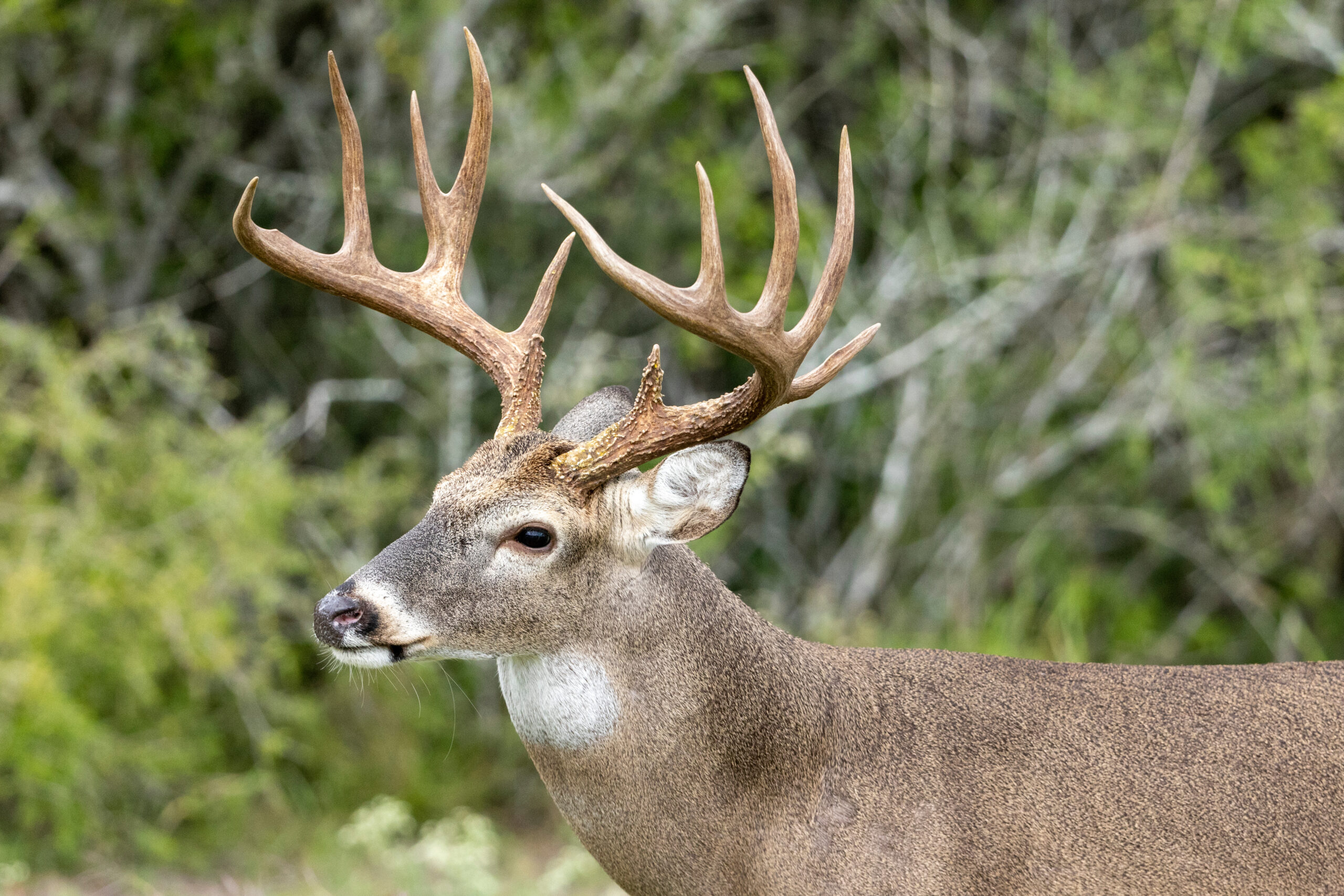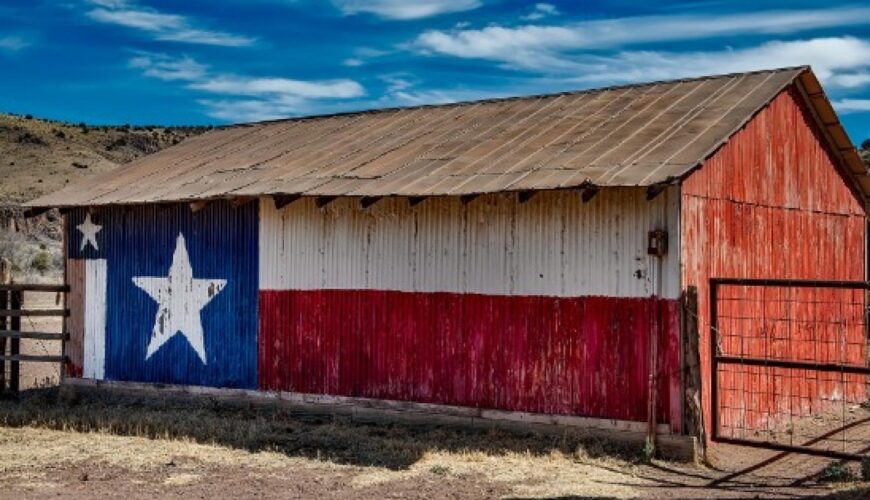News
Virginia Gun Owners Under Attack
January 29, 2026 •iSportsman Staff
July 13, 2021
Back in the old days, deer were deer. You would go out into the woods, climb a deer stand, wait a couple of hours and then, hopefully, take down a whitetail. Times were simpler then. Nowadays, you have to worry about things like Chronic Wasting Disease–prions that deteriorate deer’s brains and turn them into zombie-like deer. And if this isn’t enough to keep you up at night, now we are learning that about cloning deer.

Not only are deer being cloned, but this has been going on for well over a decade. Attention was recently brought to the topic of deer cloning once state Representative Matt Krause of Fort Worth (R) in Texas proposed legislation to legalize cloning in the Lone Star State.
It’s no surprise that Texas is the hotspot for cloning. Unlike the rest of the United States, most of Texas’s land is privately owned (approximately 95 percent). Texas also stands as the state with the highest annual amount of hunting permits sold and has since 2016. With one of the nation’s largest hunting communities and vast swaths of private land, deer “farms” are much more common than in other states.
It is on a select few of those private farms that these clones have roamed. Wealthy hunters have always been willing to pay large amounts of money to hunt on properties where they know they have a chance to take a huge buck. This has allowed for the proliferation of what is known as high-fence operations, where deer and other exotic game are selectively bred and fed supplements to maximize their genetic potential. And now it seems cloning is also coming into play.
The world’s first cloned animal was the famous Dolly the sheep, which occurred in 1996. Just seven years later, in 2003, the world’s first whitetail was cloned in southern Texas. That group of researchers–though successful–disbanded after a series of complications.
But a few years later, around 2009, one of the researchers from the original team—Jason Abraham–was approached by a rancher who wanted to know if he could get some deer cloned. According to HuffPost, the process would be complicated; Abraham would have to reach out to other cloning organizations and would have to acquire a deer breeding license through the state. However, the deal was made appealing as the two men came to the agreement that the researcher would make about $50,000 for every cloned whitetail and about $75,000 for every cloned mule deer.
And so, a business was made, and a lucrative one at that. Abraham cloned deer for well over a decade, with deer cloning being his primary source of income. Beyond cloning, deer breeding in general has gathered a large market. According to some estimates, the annual revenue for deer breeding in Texas is close to $1.6 billion. Representative Krause claims that he wishes to protect this lucrative business and has cast a spotlight on many of the cloners, who are now advocating for the protection of their business. The new attention has also brought some bureaucratic organizations into the mix, and some are not happy.
“We weren’t even aware it was occurring,” says Texas Parks and Wildlife Department Program Director Mitch Lockwood, in response to the cloned deer. Lockwood also said that the cloning operation under the researcher, “was not lawful activity.” The issue is quite controversial, with many saying that cloning is illegal because there is no law authorizing or regulating cloning, while others claim that cloning is legal because there is no law stating that cloning is illegal.
Those opposed to cloning make the case that deer with identical strands of DNA will make it virtually impossible to track Chronic Wasting Disease. There are also some ranchers who view cloning as undermining the value of natural animals.
“It was never OK to clone deer… However, many he’s cloned, he’s cheating the value of public resources,” said rancher Brian Treadwell, the only person to testify against the new bill.
The bill Representative Krause is trying to pass also seeks to strengthen the legal protection of high fences which will, in theory, better contain the deer population. The chief reason for this is that in the event of a CWD outbreak, the area of infection will be contained by the fencing.
Regardless of the side, it would ease a lot of minds if the policy on cloning deer was laid out and clear. What do you think about cloning deer? Should it be legal? Would you pay $50,000 for the perfect deer? Let us know! Holler at us over on our Facebook page.
